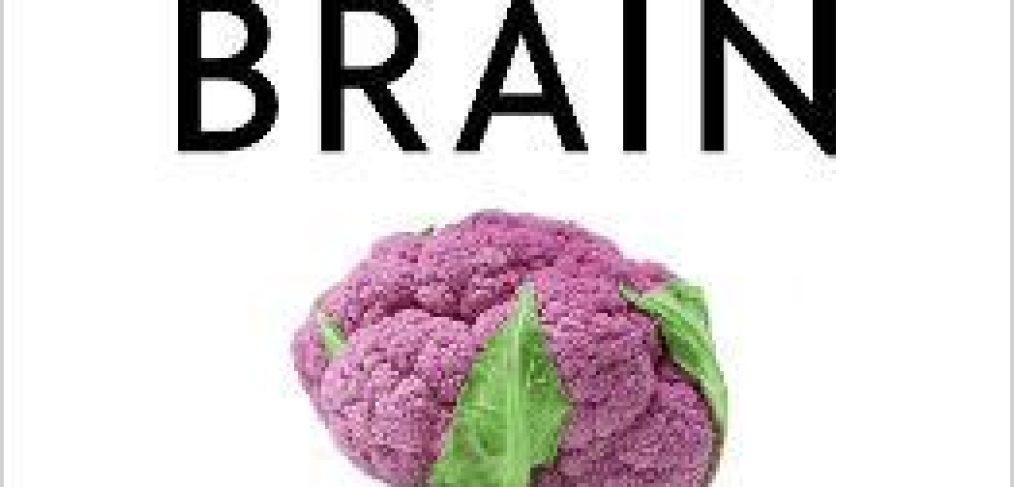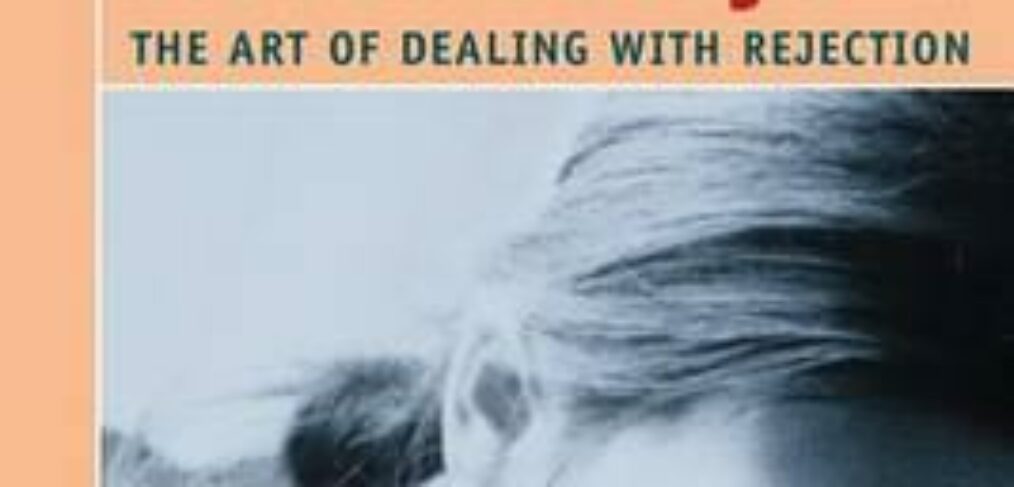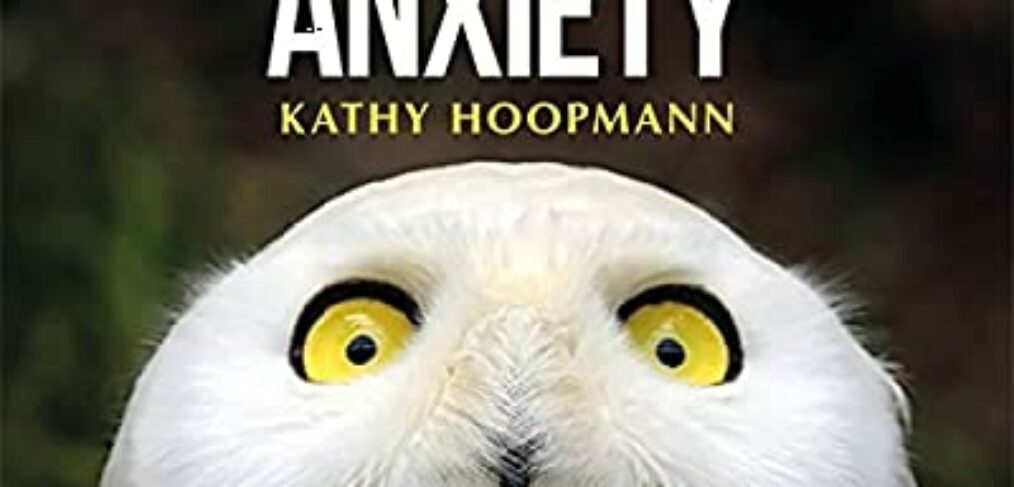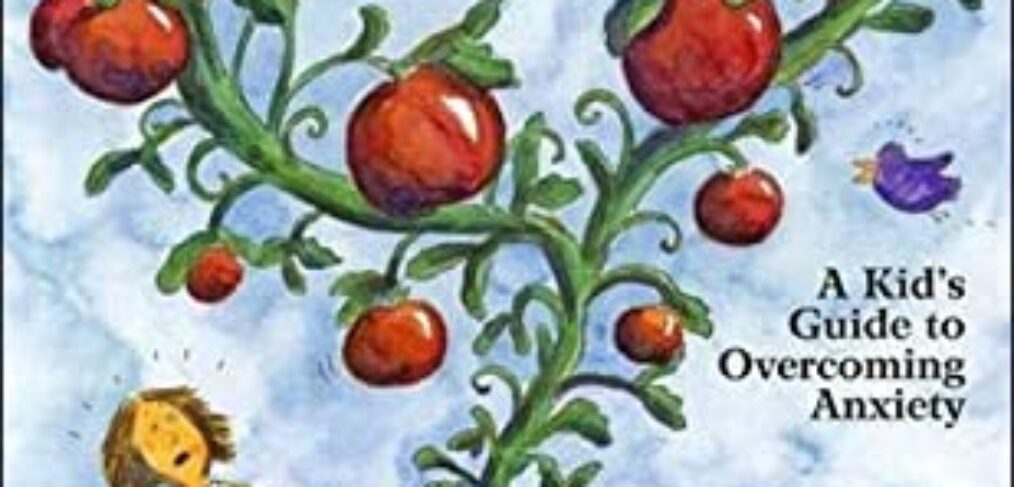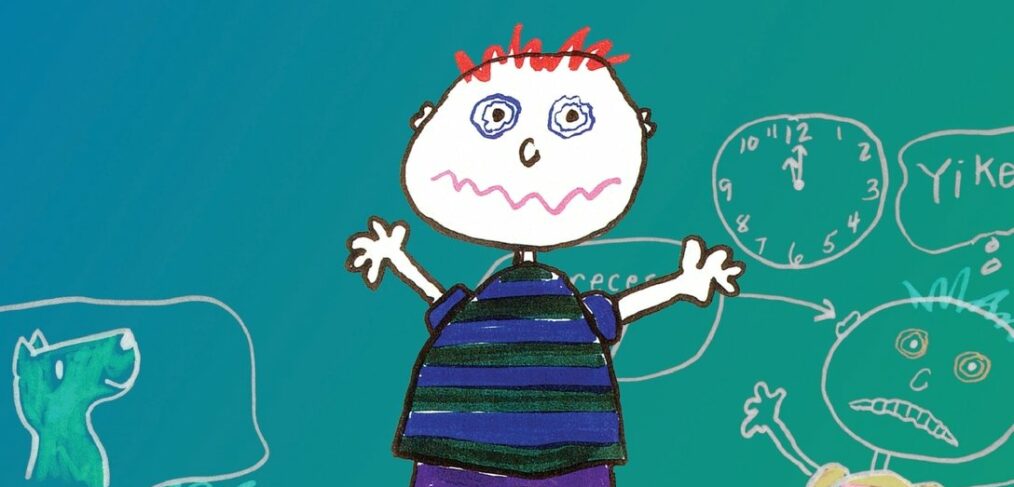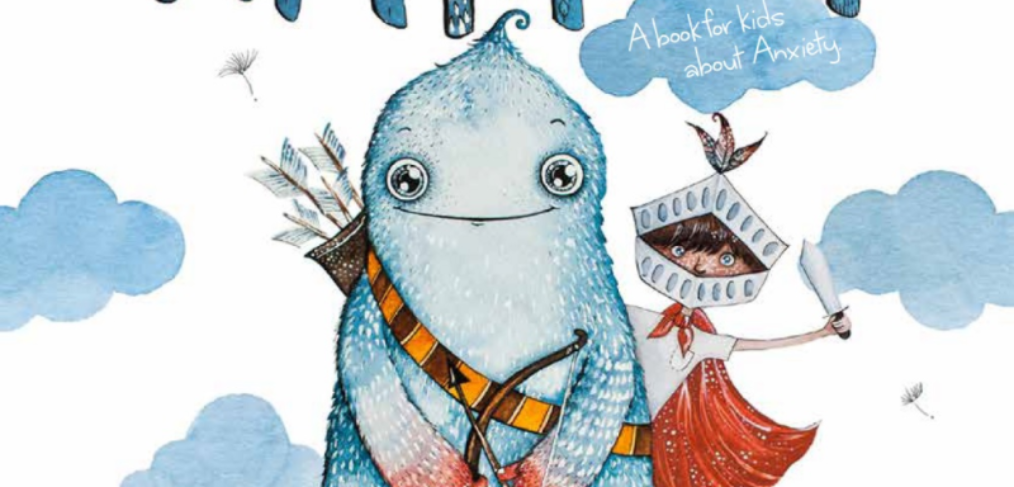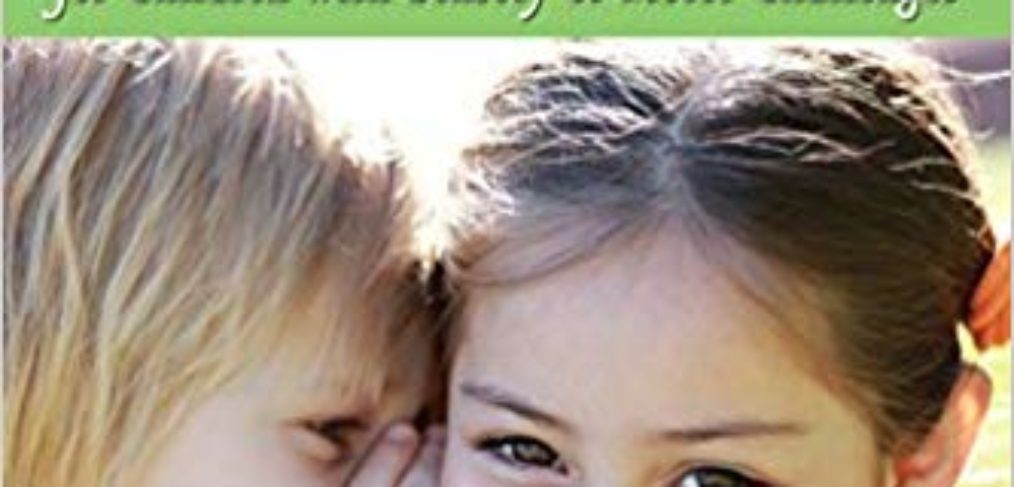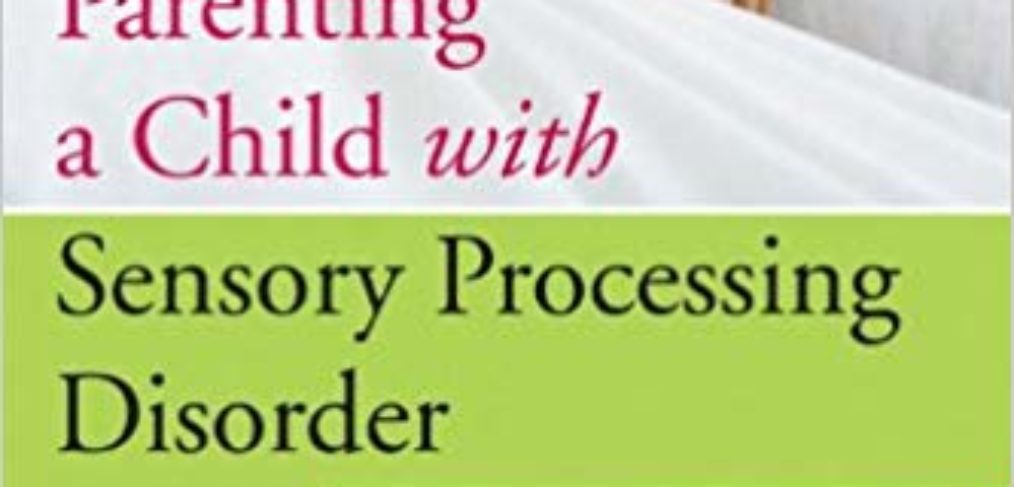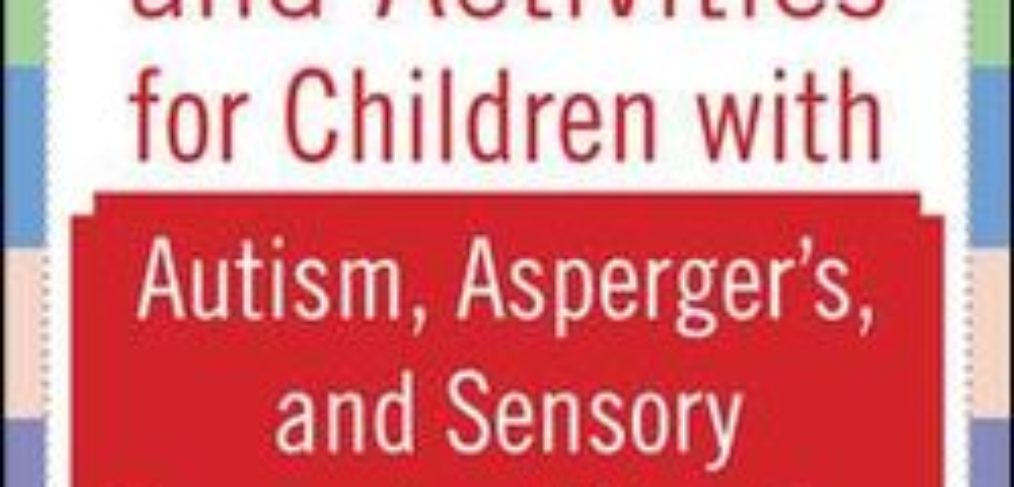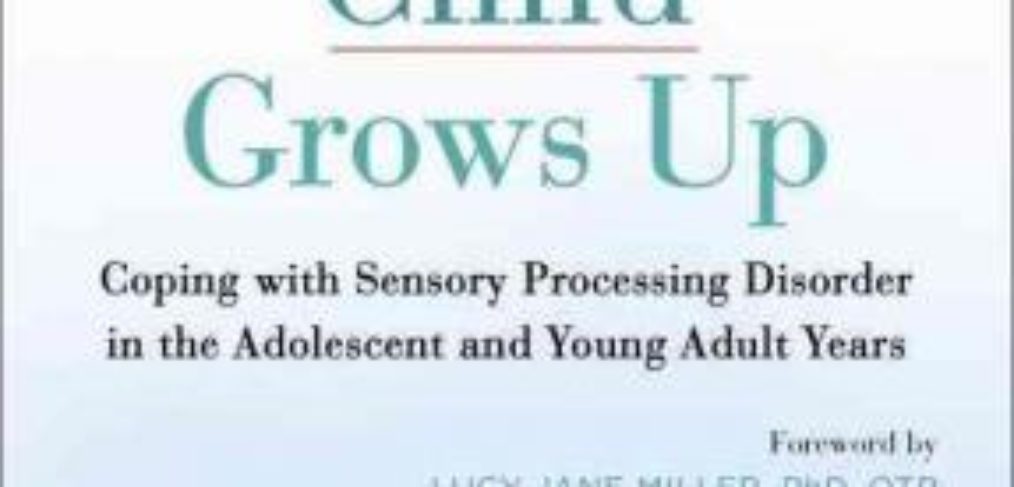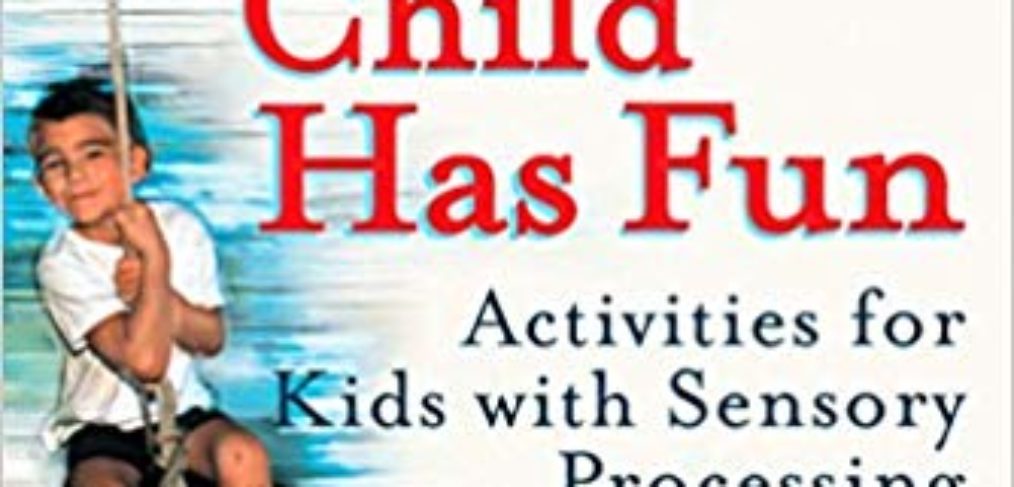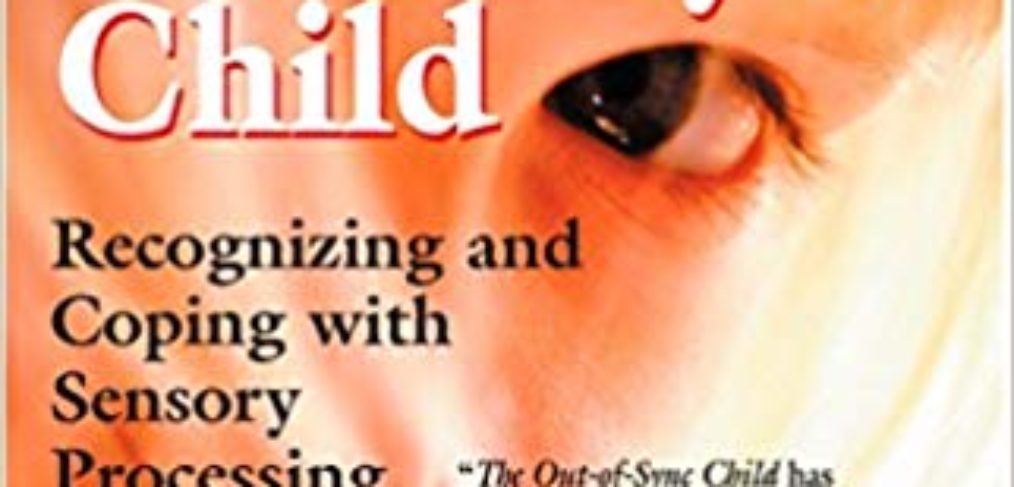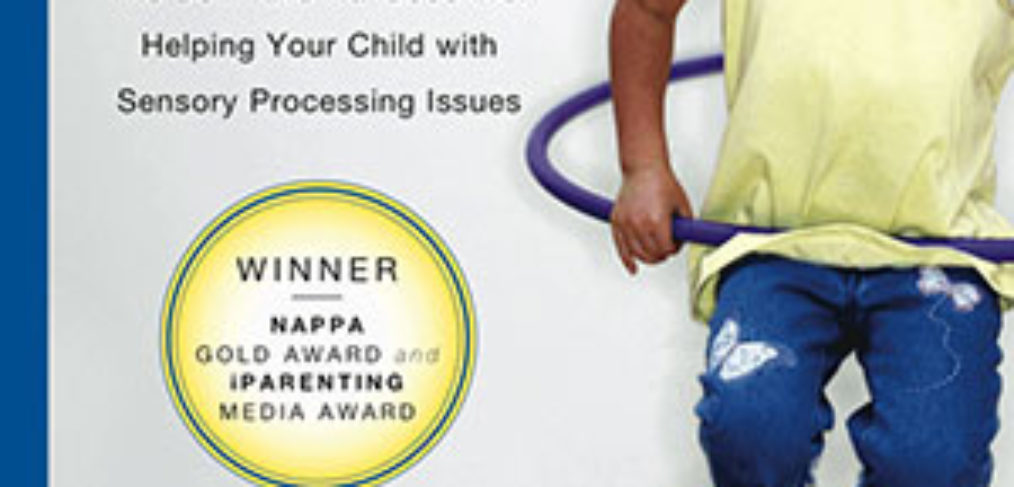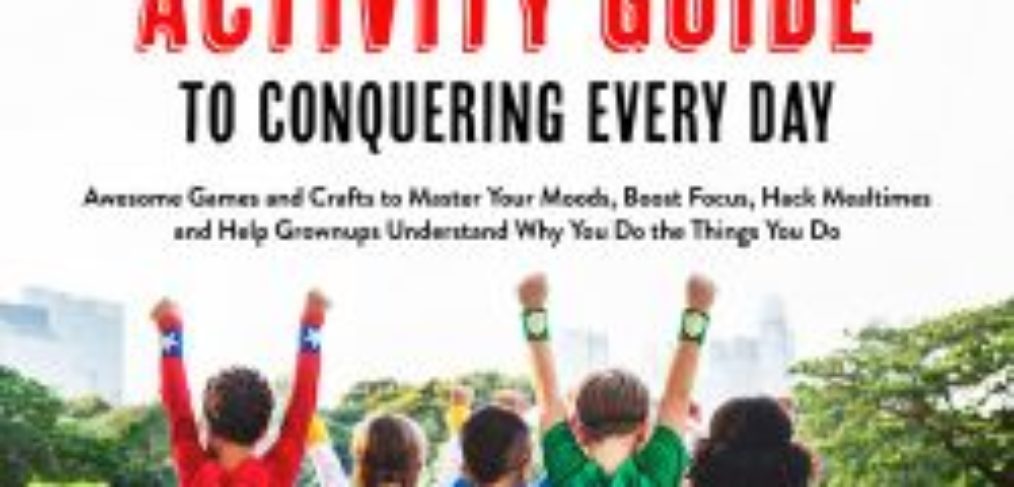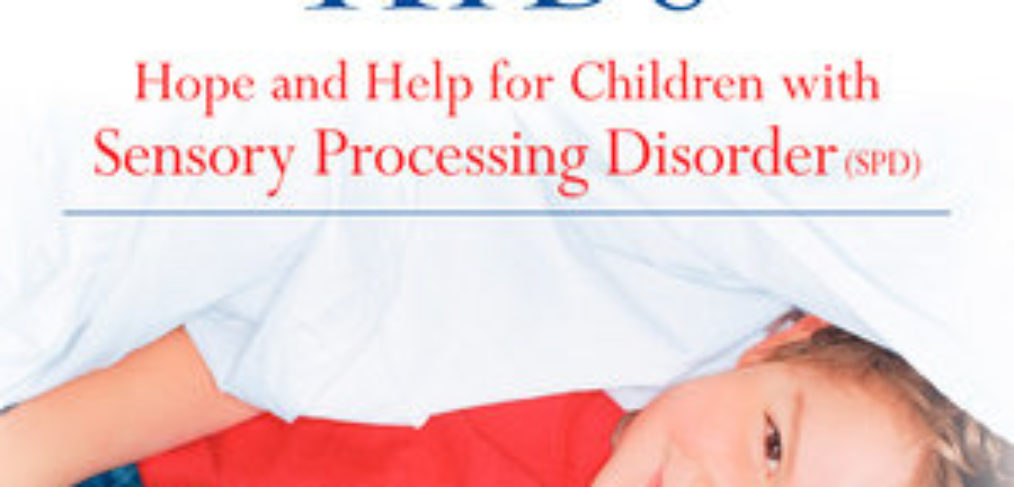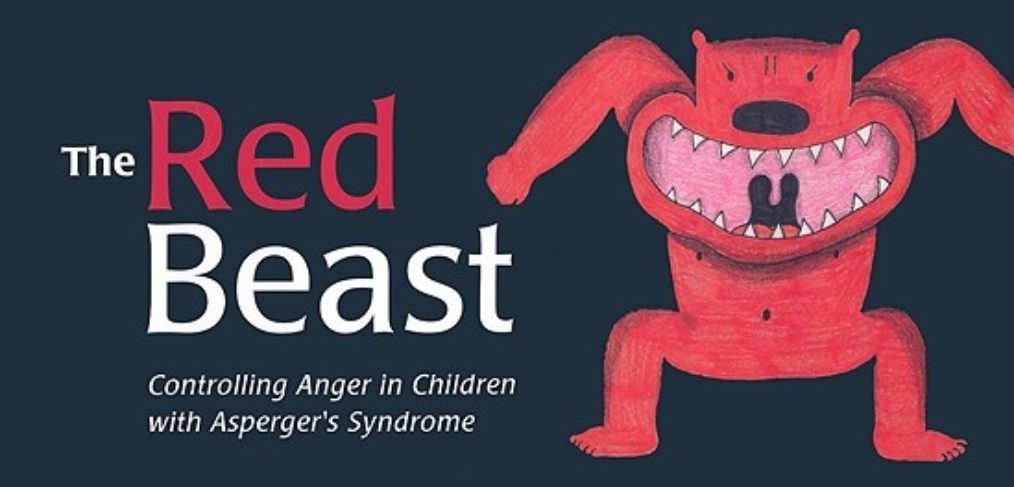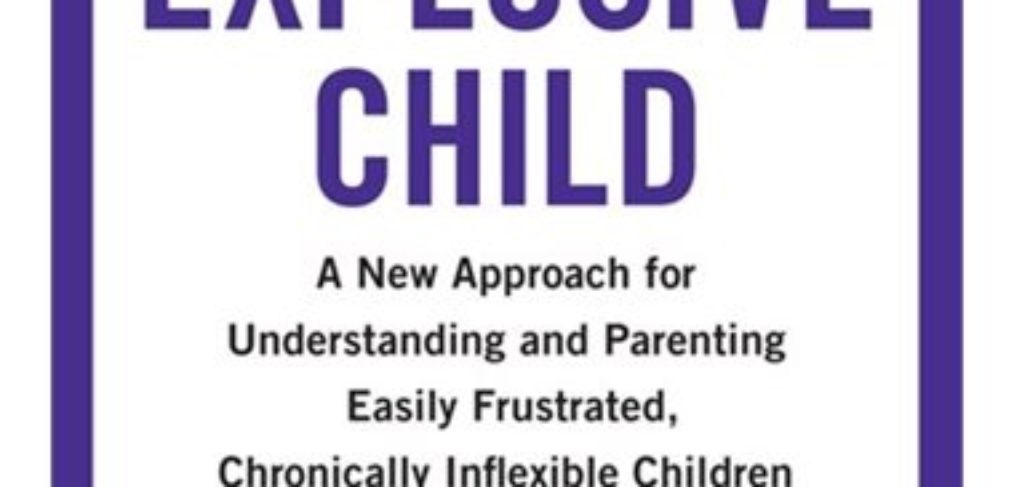The Superkids Activity Guide to Conquering Every Day : Awesome Games and Crafts to Master Your Moods, Boost Focus, Hack Mealtimes and Help Grownups Understand Why You Do the Things You Do
Help Your Kids Stay Calm, Be Happy and Make Every Day Amazing
Do kids’ behaviours leave you confused and frustrated? Dayna Abraham is teaching the world there’s a better way.
She, too, was baffled by her son’s behaviours until she realised the power of using science and child development to see him for the superkid he already was. In this revolutionary book, Dayna bridges the gap between kids and the adults who love them by empowering kids to be their own problem solvers and helping adults understand what kids really need to succeed. As a teacher, writer and mother, she explains that undesirable behaviours are really a cry for help. Kids have a need, but lack the tools and skills to express it. In this book, she gives kids fun projects and tools that boost their ability to control their behaviours, explain how they’re feeling and gain confidence.
Each of the 75 unique sensory-rich projects in The Superkids Activity Guide to Conquering Every Day will help kids navigate the most challenging times of day. Whether they struggle to get out the door in the morning or hate to sit for homework, this is the book for you. Kids will be begging to clean their room, their dinner plates and more with exciting activities such as:
– Magnetic Morning Routines to help kids visualise their time and tasks to stay on track
– Race to the Finish Dinnertime Gameboard to help even the pickiest eater find foods they like
– Seated Silly Busters so even the wiggliest kid can get their work done
– Weighted Snake Lap Buddies to calms fidgety legs and minds
– Calming Glitter Slime to squash big worries
– No-Sew Weighted Blanket to ensure a good night’s rest
– … and so much more
The Superkids Activity Guide to Conquering Every Day puts the power into kids’ hands to understand themselves, discover their superpowers and have an awesome day, every day.


